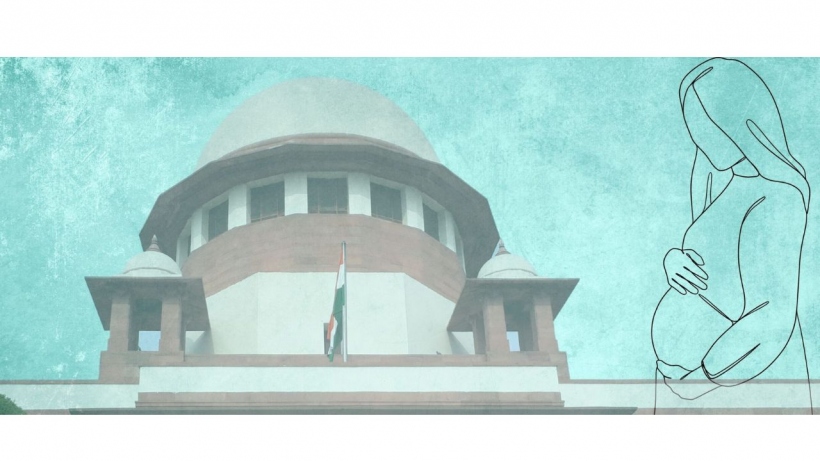
Team Herald
In a landmark decision, the Supreme Court of India has granted permission for a 14-year-old rape survivor to terminate her pregnancy at 30 weeks, overturning a previous order by the Bombay High Court. The court recognized this as an exceptional case and based its decision on a report provided by a medical board.
Under Indian law, permission from the court is required to undergo an abortion beyond 24 weeks of pregnancy. The Chief Justice of India, DY Chandrachud, leading the bench, stated that while the abortion procedure at this stage carries some risk, the medical board has determined that the threat to the girl's life is not higher than the risks associated with a full-term delivery.
An urgent hearing was held by the top court, and the girl was medically examined at a hospital in Maharashtra to assess the potential physical and mental effects of the abortion on her. The medical board at Sion Hospital recommended the termination, which formed the basis for the court's decision. The Supreme Court invoked Article 142 of the Constitution, which empowers it to issue necessary orders to ensure justice in pending cases, to allow abortion.
The Medical Termination of Pregnancy Act 2021 allows for medical termination of pregnancies up to 20 weeks with the opinion of a registered medical practitioner, and up to 24 weeks in certain circumstances. In cases beyond that time frame, legal recourse must be sought from the court.
The court noted that the girl's pregnancy resulted from a sexual assault, and she remained unaware of her condition until a late stage. The medical board at Sion Hospital concluded that the continuation of the pregnancy against the minor's will could have negative impacts on her physical and mental well-being. Although some risk is involved, the medical board determined that the threat to her life is not greater than the risks associated with a full-term delivery.
This decision by the Supreme Court highlights the need to consider the unique circumstances and potential harm faced by minor rape survivors in the context of abortion rights. It demonstrates the court's commitment to ensuring justice and protecting the well-being of vulnerable individuals.
